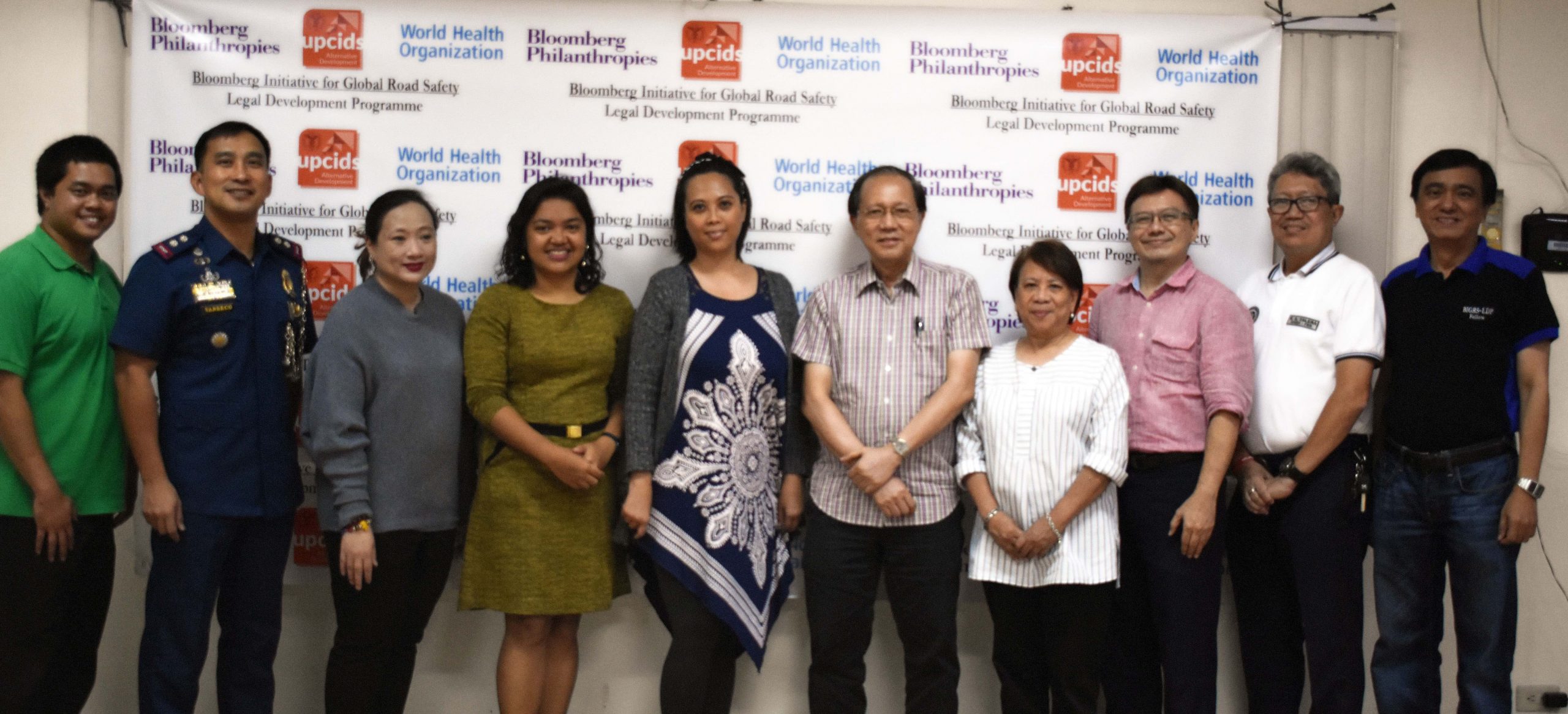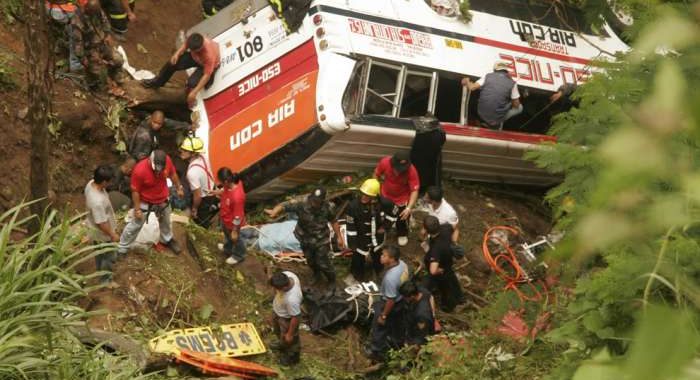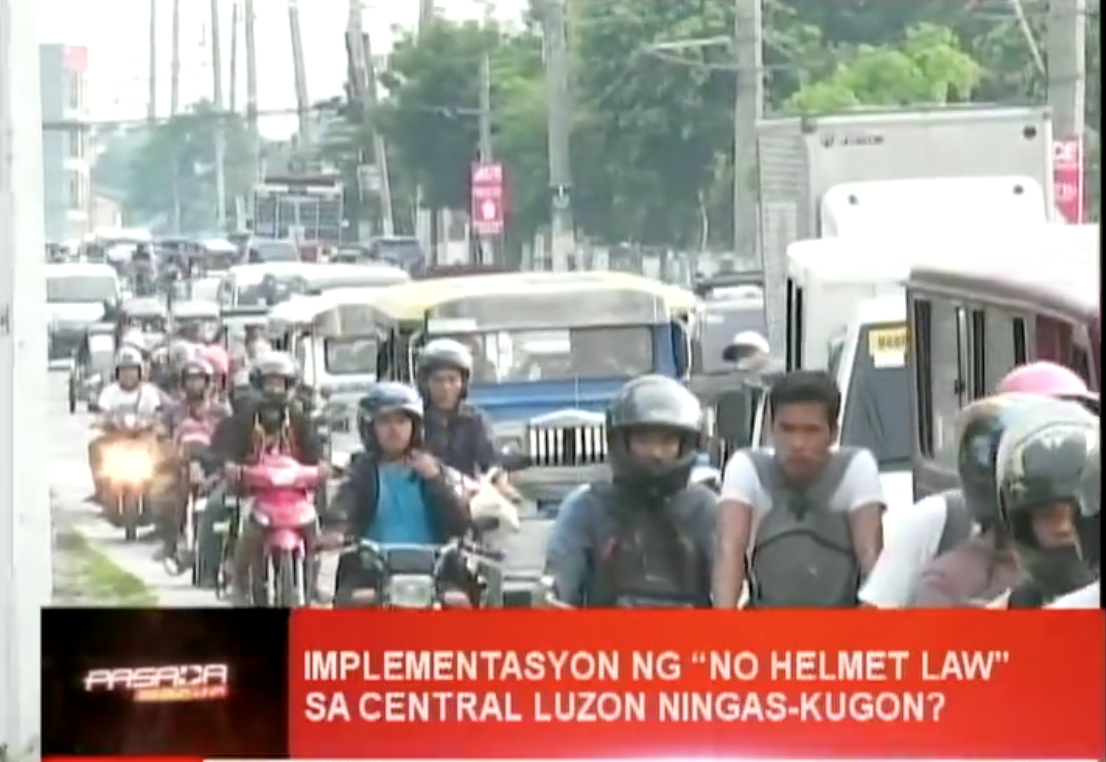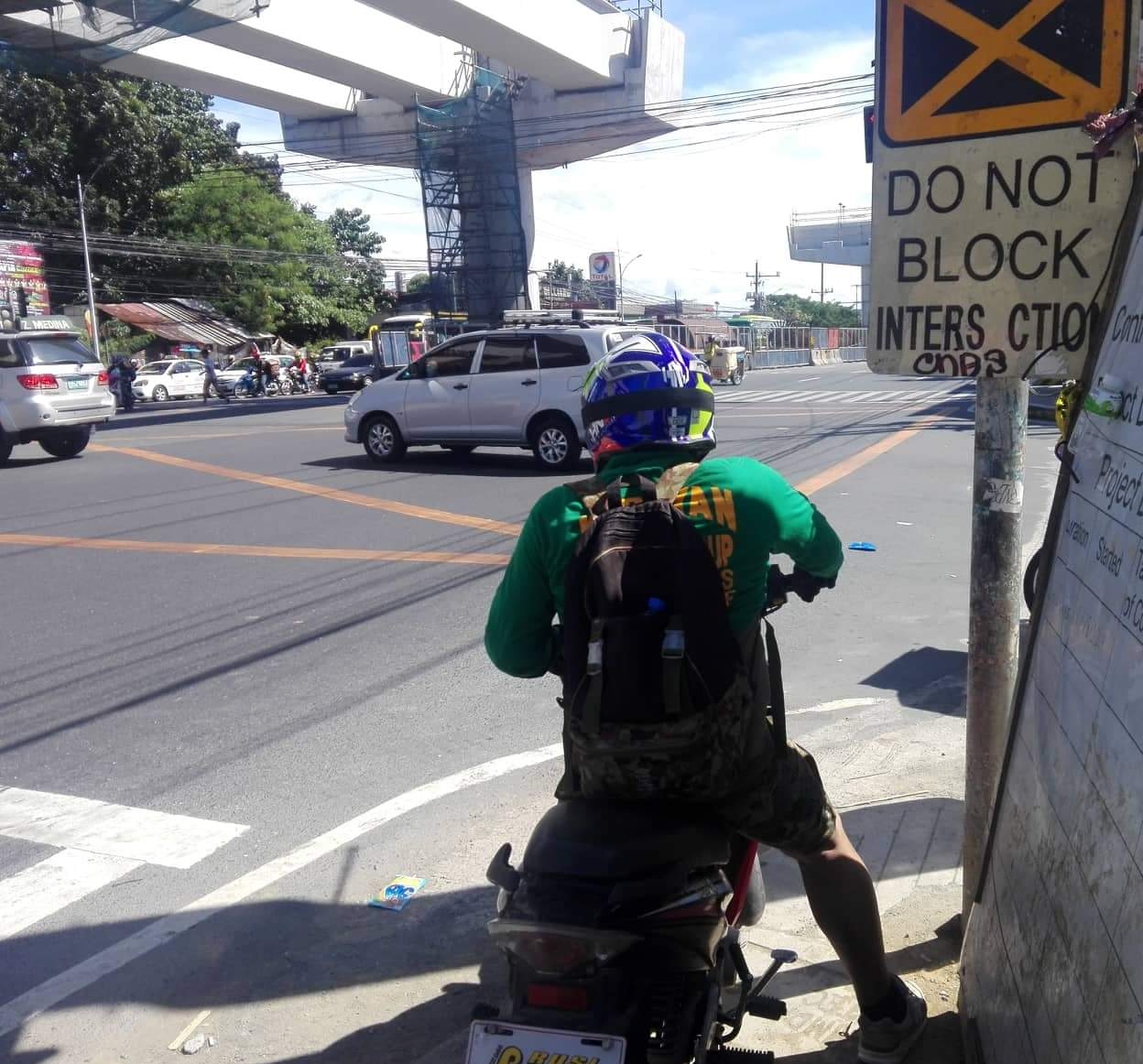This commentary is by Jofti Villena, Project Manager of the Bloomberg Initiative for Global Road Safety – Legal Development Programme (BIGRS-LDP). It is a fellowship of 11 lawyers, development workers and health and public policy professionals who advocate for the passage of evidence-based laws and policies on road safety. BIGRS-LDP is hosted by the Center for Integrative and Development Studies (CIDS), the think tank and policy research unit of the University of the Philippines.
The seeming tug-of-war in Congress on Sept. 12 has left road safety advocates saddened and confused.
During the simultaneous plenary sessions in the Senate and the House of Representatives, the proposed bills intended to abolish the Road Board was adopted in one chamber then rescinded in another.
What will happen next? Will the Senate’s adoption of the House version of the bill take precedence? Or will the House of Representatives’ decision to recall the bill they passed have primacy?
For background, the House passed a measure to abolish the Road Board in May 2018, while the Senate approved its own version in February. A bicameral committee is supposed to reconcile the conflicting provisions of the two bills, but the actions of the two legislative bodies this week put the fate of the Road Board in limbo.
The Road Board, an attached agency of the Department of Public Works and Highways (DPWH), manages the Motor Vehicle User’s Charge (MVUC), as mandated by Republic Act 8794.
The MVUC is divided into four special trust accounts:
1) Special Road Support Fund (80%)
2) Special Road Local Road Fund (5%)
3) Special Road Safety Fund (7.5%)
4) Special Vehicle Pollution Fund (7.5%)
In the bills that were passed, the funds were to be redirected to DPWH, the Department of Transportation (DOTr) and the Department of Environment and Natural Resources (DENR).
But the two versions of the bill — Senate Bill 1620 and House Bill 7436 – had a glaring difference – only the Senate version retained allocation of funds for “road safety.”
Earlier this month, a group of legal fellows and road safety advocates under the Bloomberg Initiative for Global Road Safety (BIGRS) urged lawmakers to adopt the Senate version of the bill instead of its House counterpart.
Dedicated, supplemental funds will ensure investment in road safety projects and measures. In fact, road safety should already be integrated in various transport and road infrastructures projects under the BUILD, BUILD, BUILD Program, a priority of the Duterte Administration.
BIGRS Legal Fellows also reiterated that funds for road safety should be managed by the DOTr. They are after all the primary government agency mandated to take charge of road safety.
Projects to ensure the safety of our roads should also go beyond purchasing devices like traffic lights. Other initiatives that may fall under any of the five pillars of road safety (1) Road Safety Management, 2) Safer Roads, 3) Safer Vehicles, 4) Safer Road Users, and 5) Post-Crash Response) should also be funded.
With the recent developments, the BIGRS-LDP will need to get feedback and clarity from all the Offices and Committees where its position paper was submitted so it can better understand the situation and respond accordingly. It is hoped that progress will be made and the deadlock will be resolved in favor of road safety.
This story is produced under the Bloomberg Initiative Global Road Safety Media Fellowship implemented by the World Health Organization, Department of Transportation and VERA Files.





